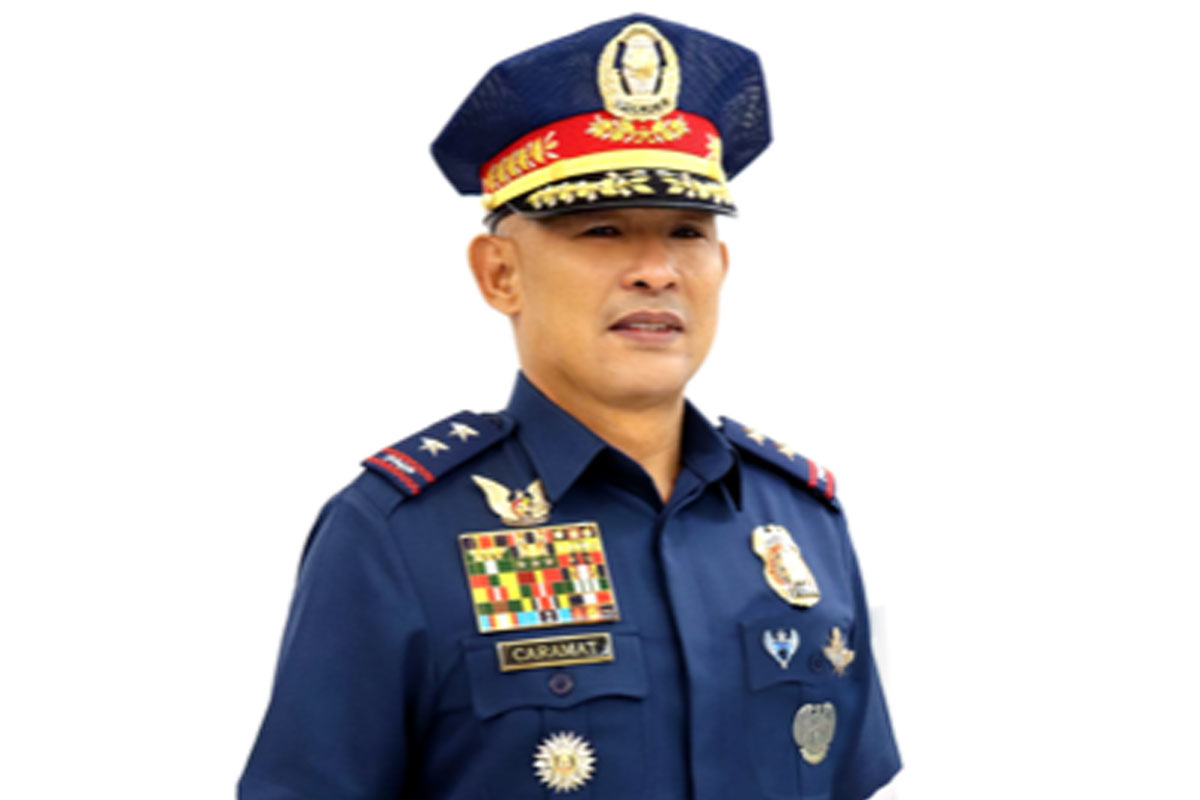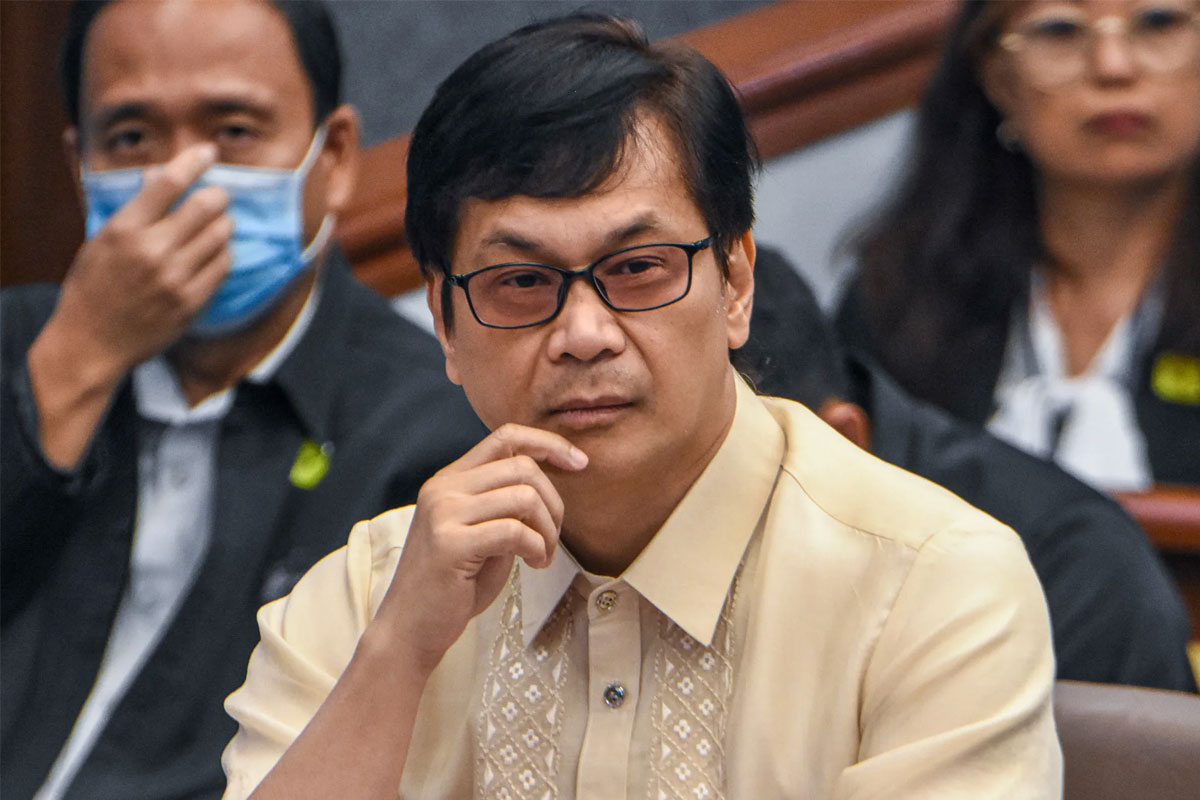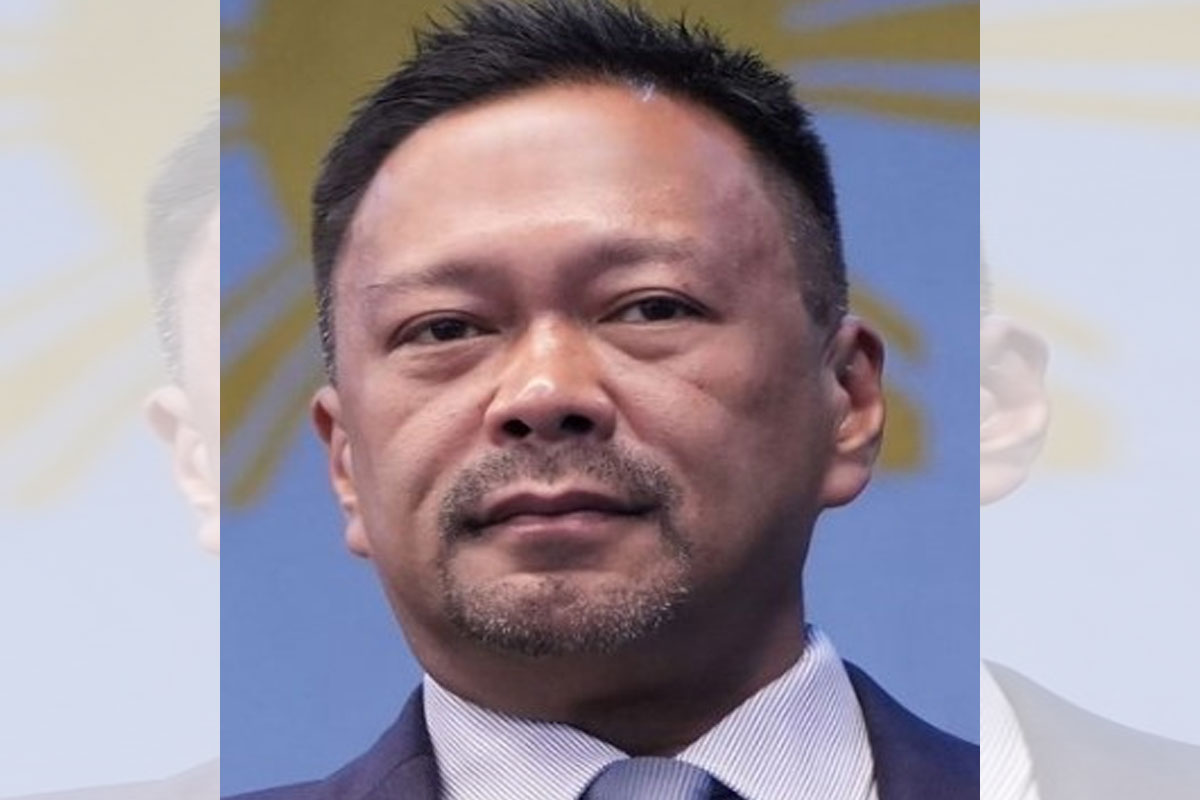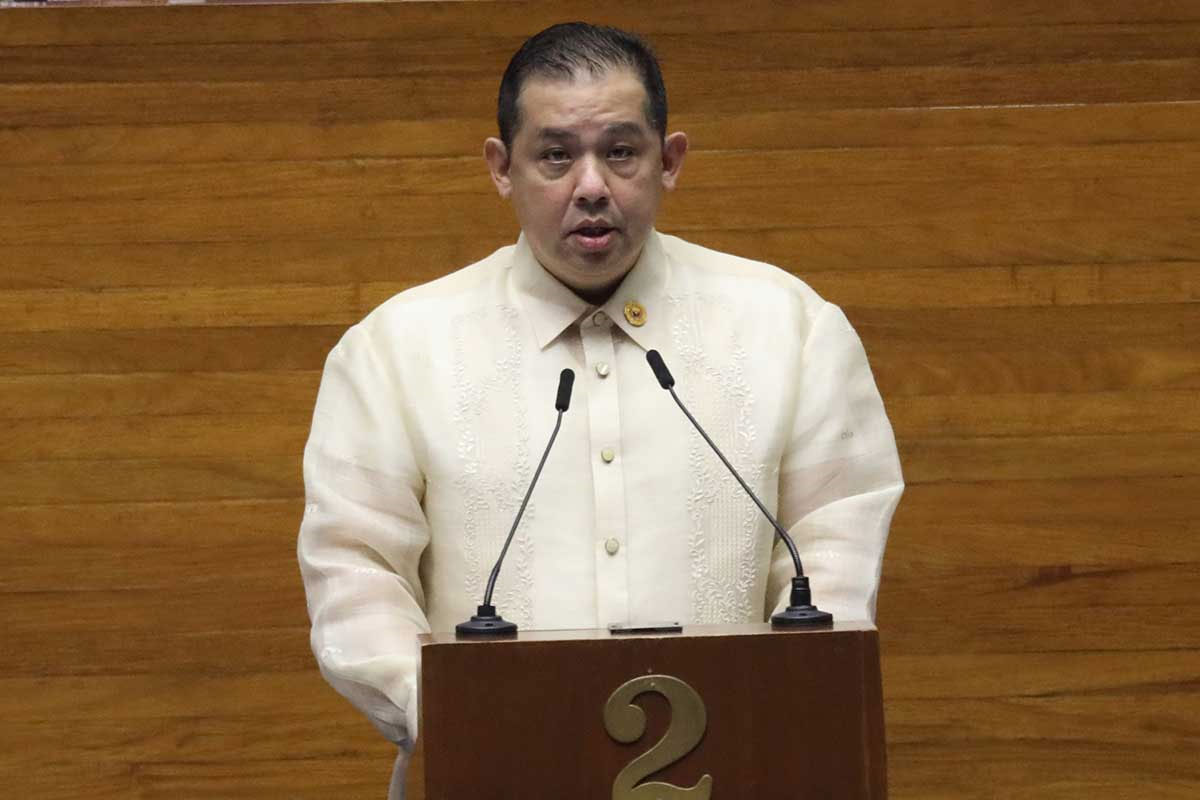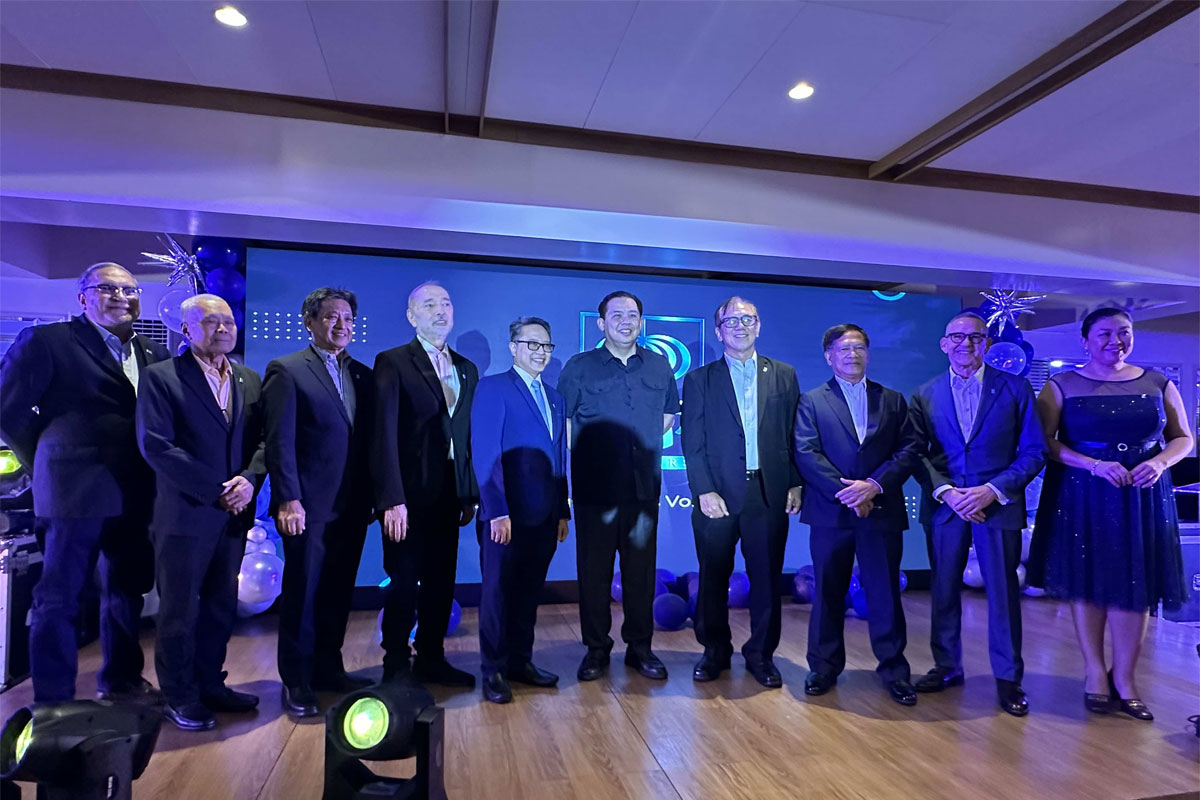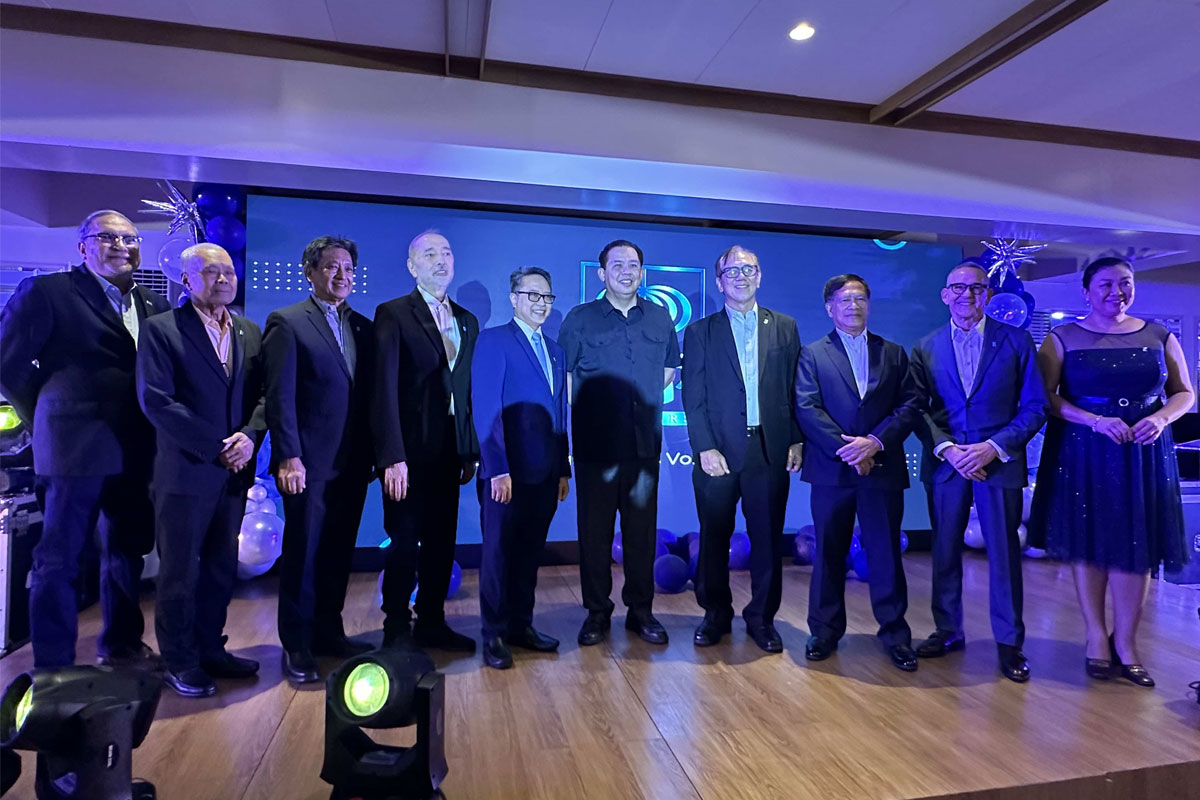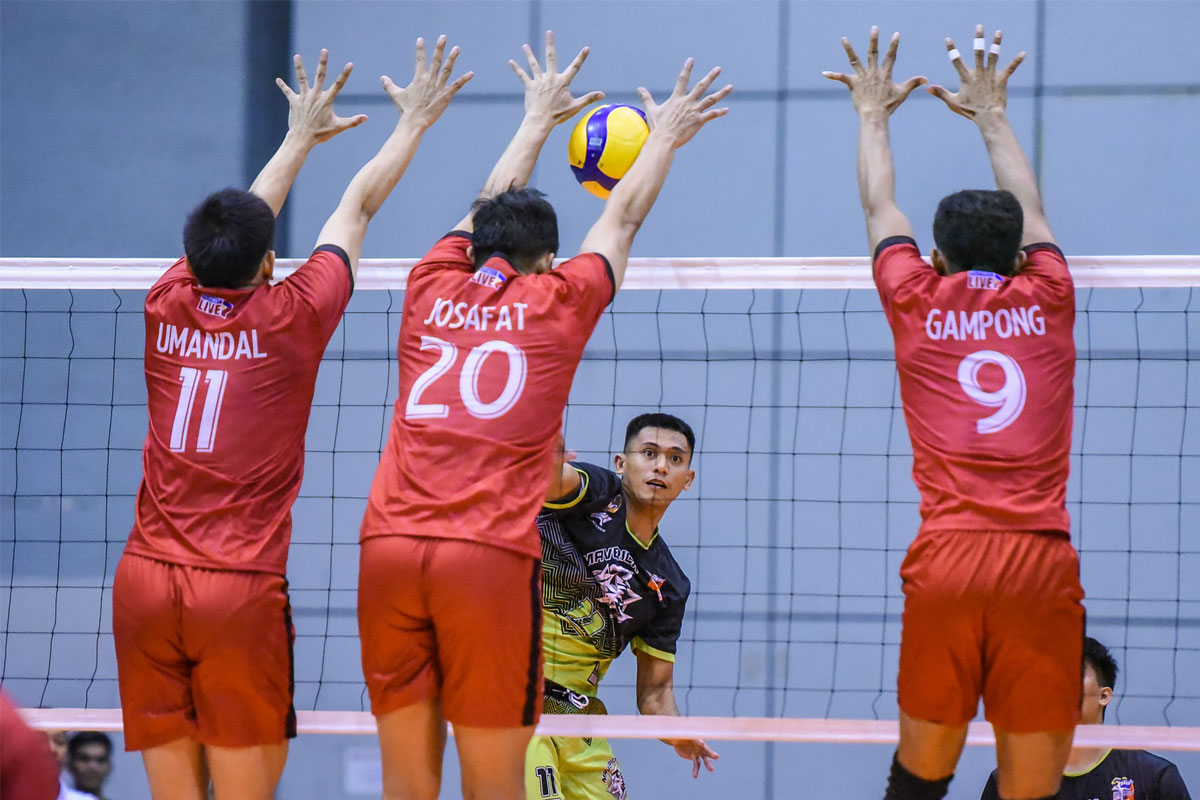
PNP goes all-out in promoting PBBM admin’s ‘BIDA’ program — Azurin
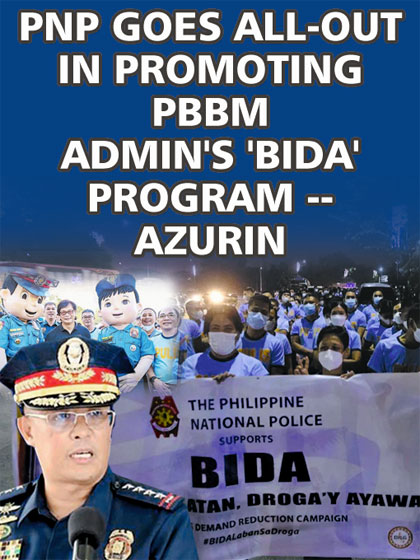 THE Philippine National Police (PNP) headed by General Rodolfo S. Azurin Jr. is going all-out to promote the BIDA or ‘Buhay ay Ingatan, Droga’s Ayawan’ program of the administration of President Ferdinand ‘Bongbong’ R. Marcos Jr.
THE Philippine National Police (PNP) headed by General Rodolfo S. Azurin Jr. is going all-out to promote the BIDA or ‘Buhay ay Ingatan, Droga’s Ayawan’ program of the administration of President Ferdinand ‘Bongbong’ R. Marcos Jr.
The top cop in particular said they are embarking on a ‘whole-of-nation-approach’ to address the problem on ‘drug supply and demand ‘in the country specifically in reforming addicts and other users who have surrendered to authorities since 2016 to undergo treatment and rehabilitation.
Records showed that from July 2016 to October 2022, a total of 654,228 persons who used illegal substances have already graduated from Recovery and Wellness Programs initiated by the police force and local government units.
“The end-game strategy against illegal drugs is surely gaining ground thru a holistic approach highlighted rehabilitation, reinforcement and education-based demand reduction,” said Gen. Azurin as he noted the successful culmination of the Recovery and Wellness Program of the government for drug patients.
Last Saturday, the Marcos administration officially launched its intensified and more holistic campaign against illegal drug trafficking and abuse called BIDA.
Department of Interior and Local Government (DILG) Secretary Benjamin ‘Benhur’ S. Abalos Jr. said the anti-illegal drugs advocacy program really calls for a ‘whole-of-nation-approach’ in fighting the drug problem.
This time, government law enforcement agencies led by the Philippine Drug Enforcement Agency (PDEA) and the PNP will fully partner with local government units, national government agencies and other key sectors of the society including the Church and the community in aiming for drug demand reduction and an honest-to-goodness drug rehabilitation program in local communities.
The DILG chief underscored the need to address the drug menace from the ‘roots.’
“Kung mayroon kang isang puno at ang punong ito ay gusto mong tanggalin ang sanga, gusto mong tanggalin ang puno, putol ka nang putol ng sanga. Pero ang sanga, tubo nang tubo. Kung gusto mong tanggalin ang puno, ugatin mo, ugatin mo ‘yung puno,” he said during the national launch of the BIDA program at the Quezon Memorial Circle.
Sec. Abalos said the program is needed since the government’s drug supply reduction program will only go to naught if there is a continuing demand for drugs specifically shabu and marijuana.”
“Ang kapulisan natin, nandito mga generals, mga colonels, nandito PDEA, Dangerous Drugs Board, NBI, walang ginawa kundi manghuli nang manghuli. Makikita niyo, kaliwa’t kanan ang huli ever since. Pero anong nangyayari? May pumapalit lang kung minsan,” he said.
“Kaya ang kailangan natin dito, hindi lang ang panghuli ng ating mga kapulisan, PDEA, NBI. Tulungan ng buong bayan, ugatin natin ang problema,” Sec. Abalos added
The official maintained that the PDEA headed by Director General Moro Virgilio M. Lazo and the PNP headed by Gen. Azurin needs all the help they can get to really put a dent on the yearly multi-billion illegal drug business.
“Hindi natin puwedeng iasa na lamang sa Philippine National Police (PNP) at sa Philippine Drug Enforcement Agency (PDEA) ang kampanya laban sa iligal na droga dahil lahat tayo ay apektado dito. Kailangang lahat tayo ay kumilos na at makiisa para tuldukan ang salot na patuloy na sumisira sa kinabukasan ng ating mga kabataan,” he said.
The DILG chief said the BIDA program will work with barangays, the church and religious communities, and families to address the drug problem and rehabilitate those addicted to illegal drugs.
It jives with Gen. Azurin’s KASIMBAYANAN program or short for the active partnership of the ‘Kapulisan, Simbayan at Sambayanan’ in fighting drugs, criminality and other lawless activities in the country.
“Andyan ang barangay. Andyan ang ating mga mahal na simbahan. Andyan ang pamilya. Kung ang problema, alam naman ng barangay kung sino ang gumagamit. Down to the grassroots. Sinong tumutulak, sinong nagtutulak, i-identify, pag-usapan. ‘Yung mga gumagamit, baguhin natin,” he said.
The BIDA program will muster the full support of the Departments of Social Welfare and Development, Health, Trade and Industry and Labor and Employment, he said.
The DSWD and the DoH will help in the government’s rehabilitation programs while the DTI will help provide livelihood programs to the drug patients. On the other hand, DOLE will assist in finding job opportunities to the rehabilitated patients who will be getting guidance too from Church and other religious leaders.
Since PBBM took over the presidency in July 2022, the DILG said a total of 22,646 drug personalities have been arrested in 18,505 anti-illegal drug operations conducted by the PNP nationwide.
Those operations also led to the confiscation of some P9.7 billion worth of shabu and other illegal drugs.
According to Gen. Azurin, the more than 654,000 drug users who have graduated from the PNP-initiated and PNP-supported recovery and wellness program since July 2016 to date represents 53.11 percent of the 1,231,894 drug surrenderers who were received by the PNP to undergo a Recovery and Wellness Program. The program runs for one month up to three months.
The Recovery and Wellness Program is the centerpiece of the Anti-Illegal Drugs Operations through Reinforcement and Education (ADORE), which is the final phase of the PNP anti-drug strategy, Gen. Azurin said.
“This is the new face of the anti-illegal drugs campaign of the police that is at the fore of the national strategy against the country’s drug problem,” he explained.
“We are hitting hard on the sources of illegal drugs to disrupt or break the supply chain. At the same time, we are pursuing the demand reduction strategy with renewed vigor by promoting drug abuse awareness prevention and resistance education, including the DILG’s very own BIDA program, among the vulnerable sectors of society,” the PNP chief added.
The PNP has shifted its antidrug campaign from cutting supply to reducing demand, he said. This approach, Gen. Azurin said, looks at drugs as not just a law enforcement issue but as a multi sectoral problem that would need the help of the health department, the schools, and the communities to solve.
“This is not the work of the police alone. All the sectors of the country should work together to address the problem of illegal drugs. It doesn’t matter how big the drug supply is if there is no one who will patronize it in the first place,” he said.


